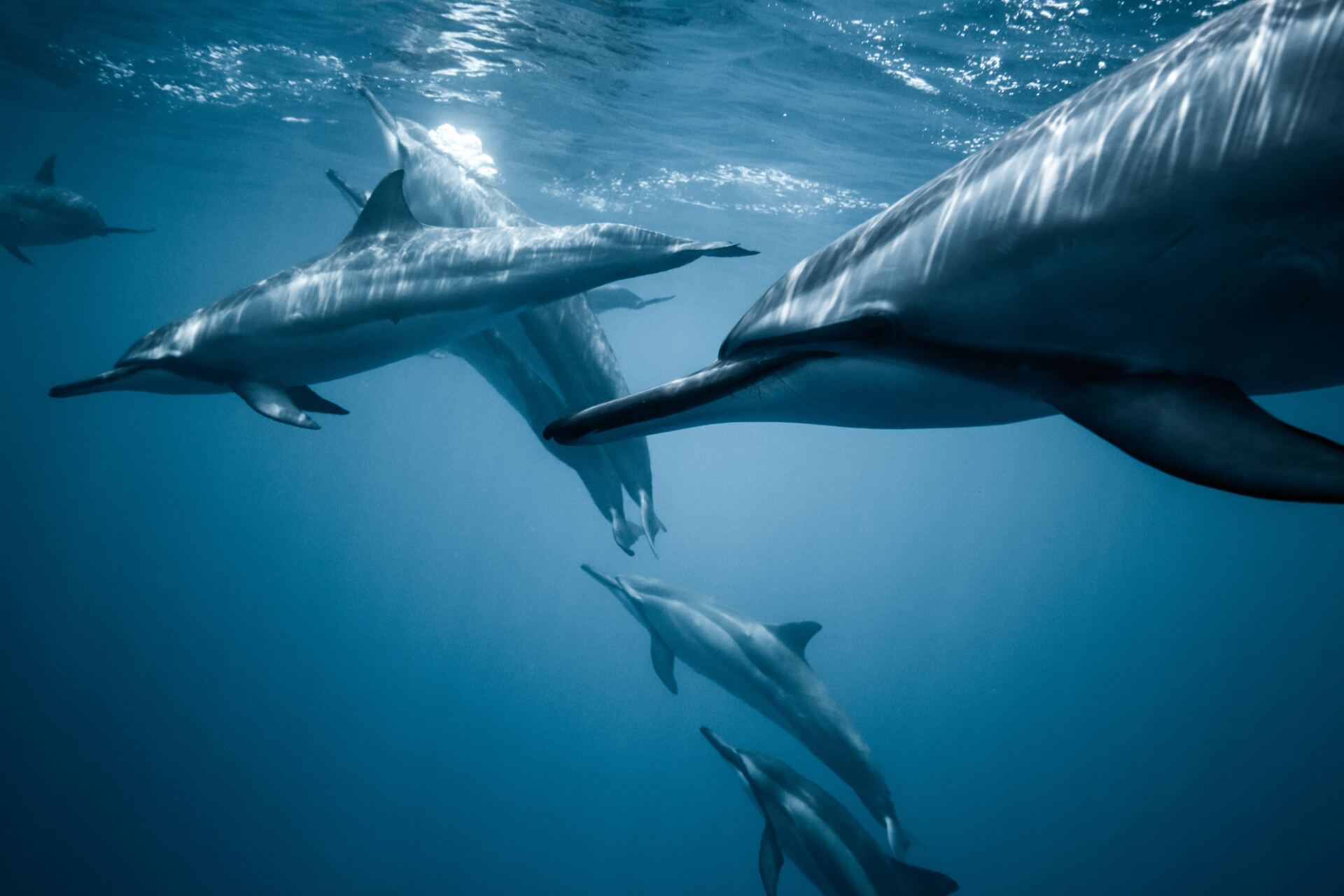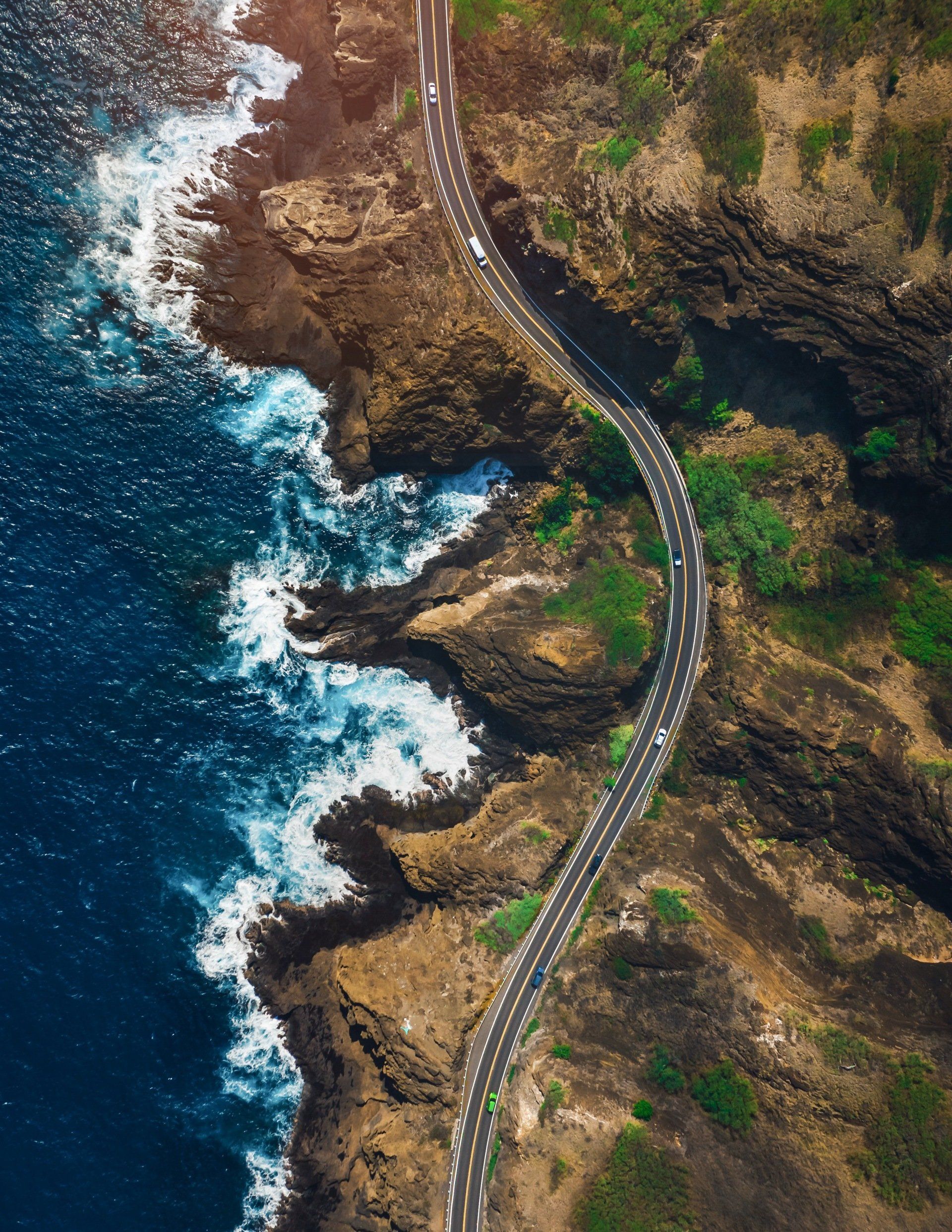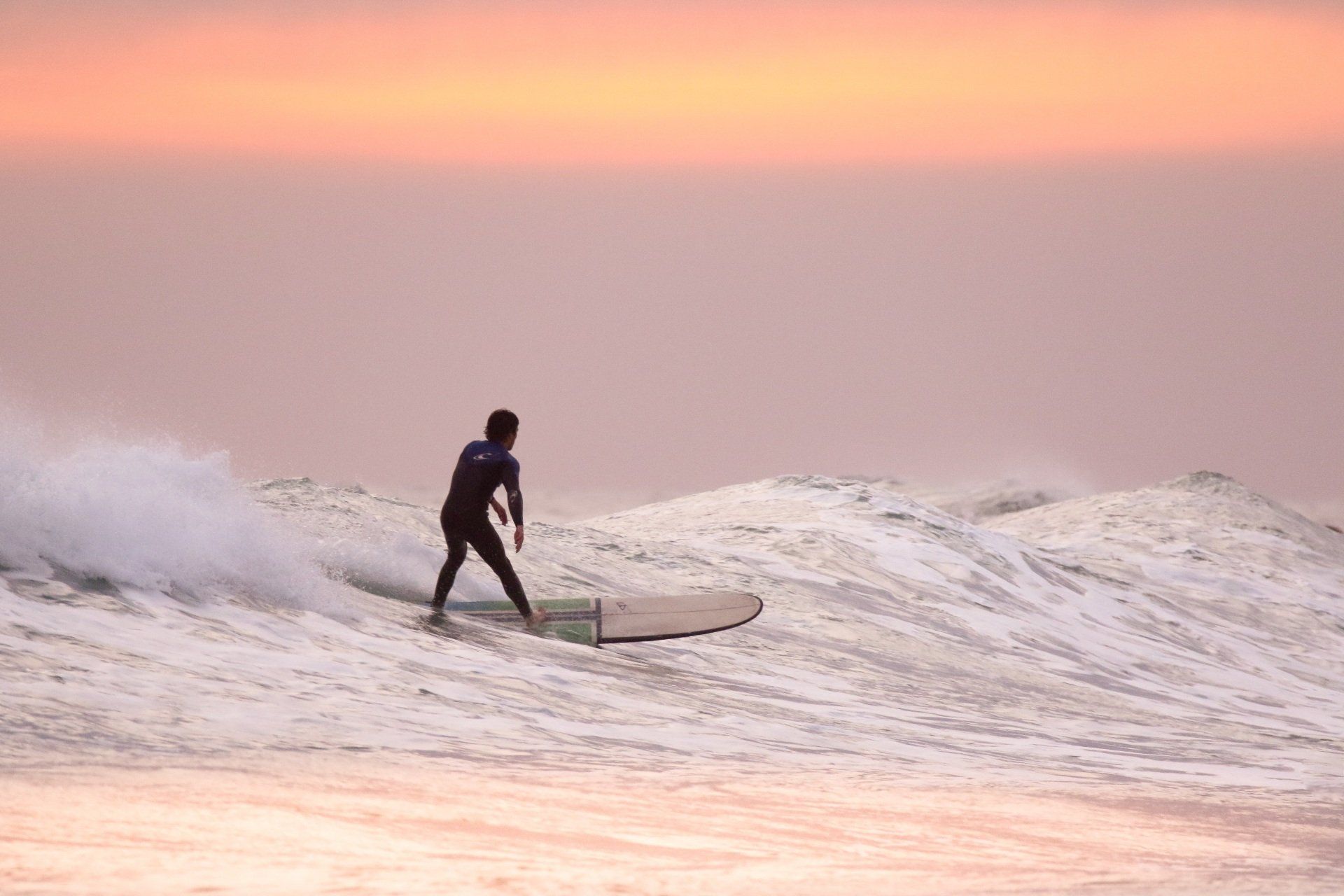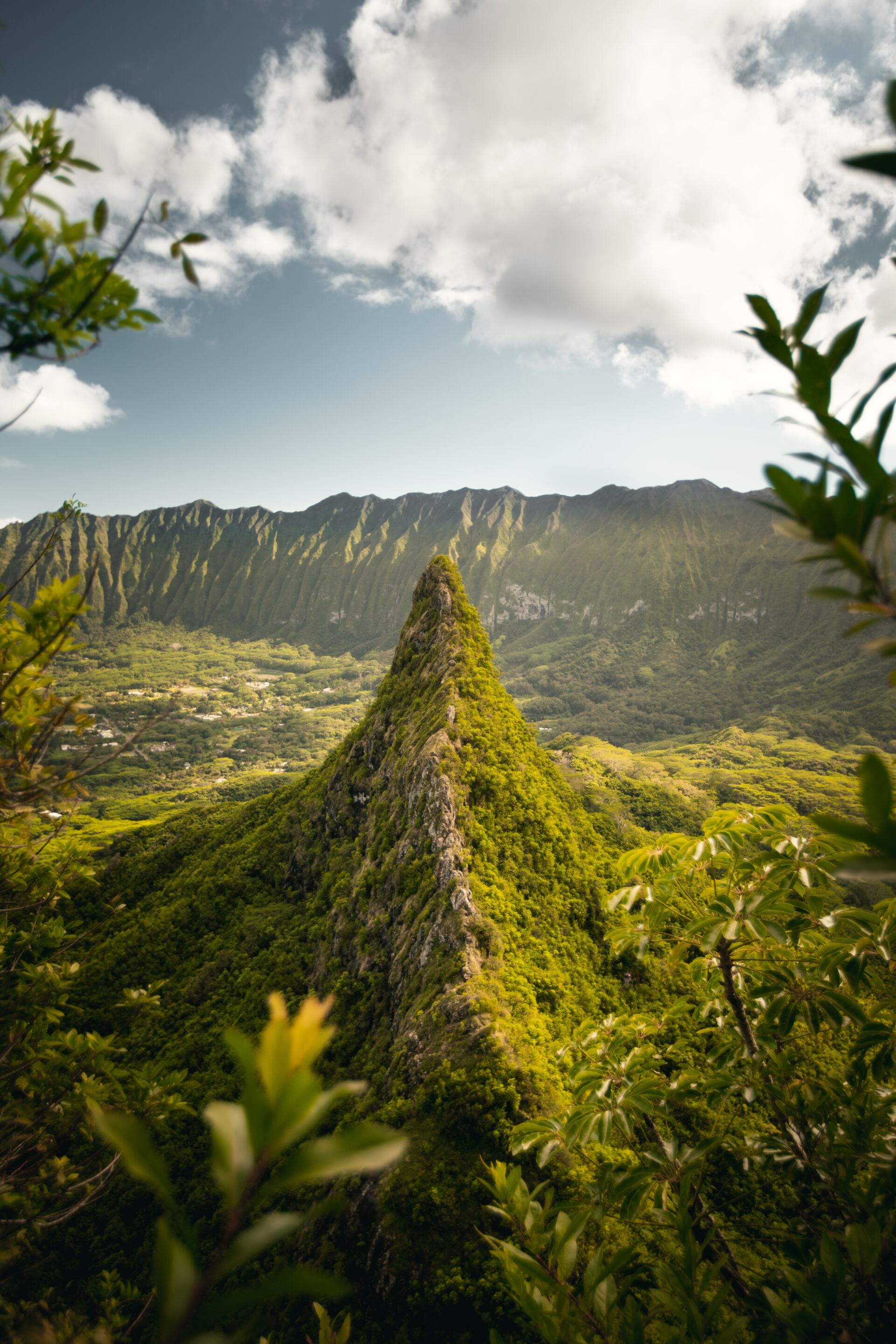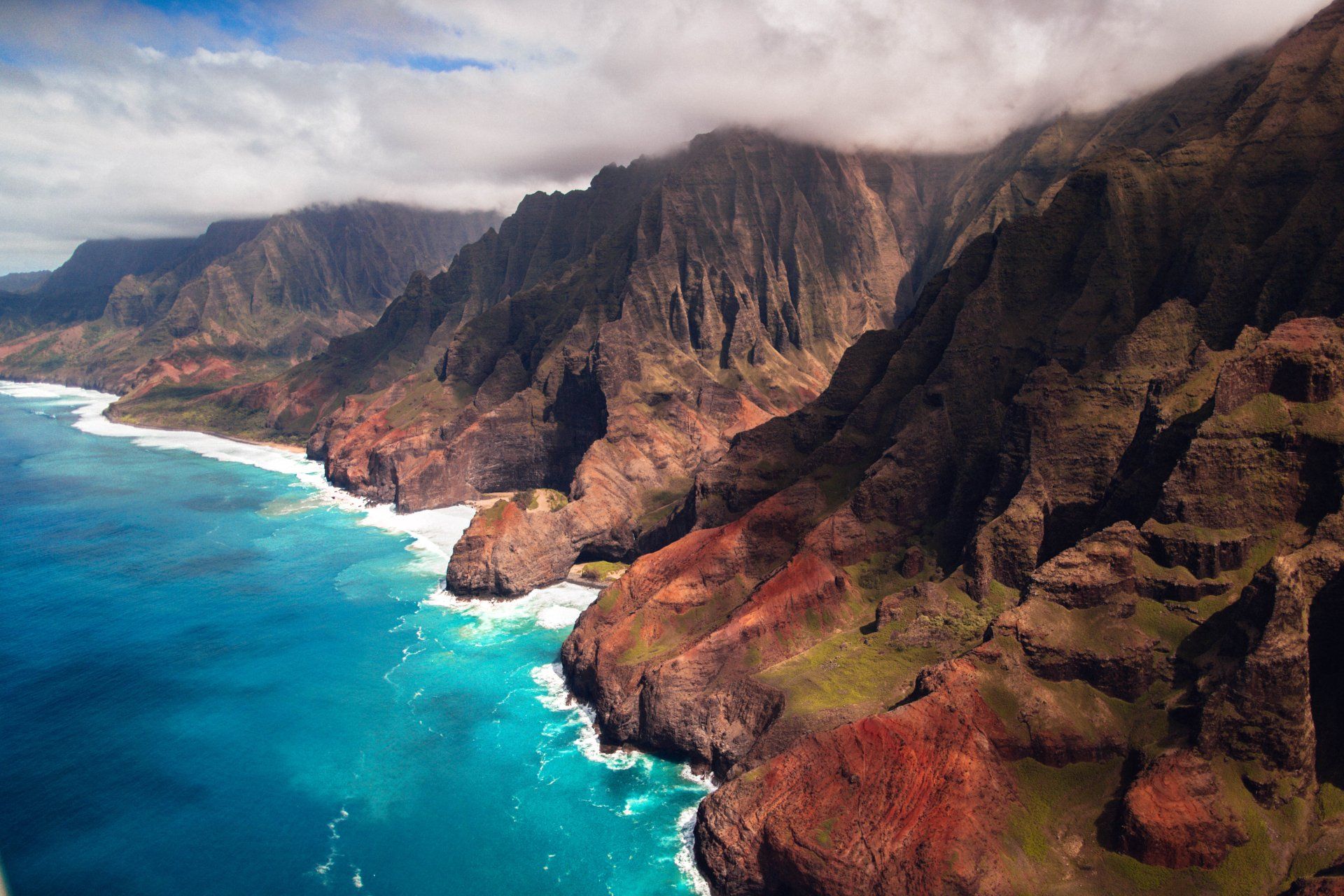Welcome in Hawaii
Weather and climate
Hawaii enjoys a tropical climate year-round, with temperatures averaging between 75°F to 85°F (24°C to 29°C) throughout the year. However, weather conditions can vary by island and elevation, with the leeward (west) sides generally being drier and sunnier, while the windward (east) sides experience more rainfall.
Accommodations
Popular accommodation options in Hawaii include luxury resorts such as The Four Seasons Resort Maui at Wailea and The Ritz-Carlton Kapalua on Maui, as well as beachfront resorts like The Royal Hawaiian on Oahu and The Grand Hyatt Kauai Resort & Spa on Kauai. Additionally, vacation rentals and Airbnb properties are available on all islands, providing a range of options for different budgets.
Travel advice and safety
Hawaii is generally safe for tourists, but it's essential to practice common safety precautions, such as staying aware of ocean conditions, avoiding isolated areas at night, and securing valuables. Pay attention to warning signs on beaches and trails, and always follow local regulations, especially when engaging in water activities like snorkeling and surfing.
Activities and attractions
Hawaii offers a plethora of activities and attractions, including exploring volcanic landscapes at Hawaii Volcanoes National Park on the Big Island, snorkeling at Hanauma Bay Nature Preserve on Oahu, visiting Pearl Harbor and the USS Arizona Memorial, hiking to waterfalls in Maui's Hana Highway, and experiencing traditional Hawaiian culture at a luau.
Local cuisine and restaurants
Recommended restaurants in Hawaii include Mama's Fish House on Maui for fresh seafood, Helena's Hawaiian Food in Honolulu for traditional Hawaiian cuisine, Alan Wong's Restaurant on Oahu for contemporary Hawaiian fusion, and Leilani's on the Beach on Maui for oceanfront dining.
Transport
Taxi fares in Hawaii vary by island and distance but generally start at around $3.50 to $5.00 per mile. Public transportation options include TheBus on Oahu, which offers one-way fares starting at $2.75, and Maui Bus on Maui, with fares starting at $2.00. Additionally, ride-sharing services like Uber and Lyft operate on major islands.
Currency and payment
The currency used in Hawaii is the US Dollar ($). Credit and debit cards are widely accepted at most establishments, but it's advisable to carry some cash, especially when visiting rural areas or smaller vendors.
Language and communication
English is the primary language spoken in Hawaii, and communication should not pose any significant challenges for English-speaking visitors. However, Hawaiian words and phrases are commonly used, reflecting the local culture and heritage.
Culture and local customs
Hawaiian culture is rich and diverse, with traditions influenced by Polynesian, Asian, and Western cultures. Visitors should respect local customs such as removing shoes before entering homes, participating in lei ceremonies, and embracing the spirit of aloha, which embodies love, peace, and compassion
Packing list
Pack lightweight, breathable clothing for Hawaii's warm climate, including swimsuits, sunscreen, sunglasses, and a reusable water bottle. Don't forget hiking shoes, reef-safe sunscreen for outdoor activities, and a waterproof phone case for water adventures.
Budgeting
The average daily budget for a mid-range traveler in Hawaii can range from $150 to $300 per person, covering accommodation, meals, transportation, activities, and souvenirs. Costs may vary depending on island choice, dining preferences, and activities.
Health and medical facilities
Medical facilities in Hawaii include The Queen's Medical Center and Straub Medical Center on Oahu, Maui Memorial Medical Center on Maui, and Hilo Medical Center on the Big Island. Pharmacies and urgent care clinics are also available on major islands.
Travel tips and recommendations
Plan activities and accommodations in advance, especially during peak travel seasons like summer and winter holidays. Renting a car is recommended for exploring remote areas and scenic drives, but consider alternative transportation options like biking or walking in urban areas.
Emergency contacts
In case of emergencies, dial 911 for police, fire, or medical assistance in Hawaii.
Internet and communication
Major cell phone carriers like AT&T, Verizon, and T-Mobile provide coverage in Hawaii. Free WiFi is available at many hotels, restaurants, and public areas, but consider purchasing a local SIM card for reliable internet access throughout your stay.
Submit your travel inquiry here
Thank you for contacting us.
We will get back to you as soon as possible.
We will get back to you as soon as possible.
Oops, there was an error sending your message.
Please try again later.
Please try again later.




